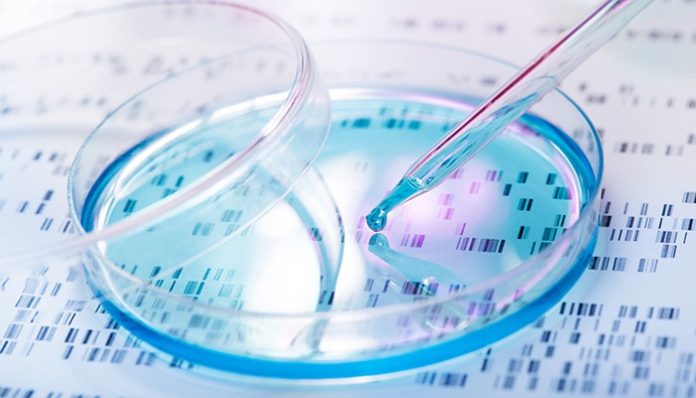It has been some 20 years since the ties between Alzheimer’s disease and a patient’s genes were first discovered. Researchers are now exploring genetic causes for other cognitive illnesses, including the increased chance for severe consequences from a concussion. In an April 28 piece, Time Warner News covered a Rochester, New York, business offering genetic testing of the variants of the APOE gene. Several small studies have linked the APOE ε4 variant to far greater chances for severe and long-term impairments from a concussion.
The Rochester Holistic Center is offering the “SportSafe Genetic Test.” It costs $250 and is usually not covered by insurance. Using a cheek swab, the test is advertised as 100 percent accurate at identifying the APOE variant in the patient’s genetic makeup.
The National Institutes of Health report that the apolipoprotein E (APOE) ε4 allele is found in 10-15 percent of the population but in 40 percent of patients with late-onset Alzheimer’s. The link has been confirmed by a great many studies. The mechanism is not understood yet, and not all patients with this allele contract Alzheimer’s.
Several researchers have looked at genetic links to cognition impairing injuries. In a 2010 piece printed in the Clinical Journal of Sports Medicine, Dr. Kevin Gordon looked at the work examining the APOE ε4 allele and concussions. His piece, titled “Apolipoprotein E Genotyping and Concussion: Time To Fish or Cut Bait”, points to the limited nature of the studies. He notes that small studies, involving self-reported symptoms, may not be reliable and more research is definitely needed.
The journal Nature published “Expert consensus document: Mind the gaps—advancing research into short-term and long-term neuropsychological outcomes of youth sports-related concussions.” It comprehensively examined the current knowledge and research on the topic and included some discussion of the APOE gene.
No consensus has yet been reached on the effects of APOE isotype on the outcome of pediatric TBI, but data from adults suggest that APOE ε4 negatively influences concussion outcomes.
The report notes that there are studies in adults that both associate the APOE ε4 allele with long term cognition issues, and there are studies that found no such association. There is some evidence that the sex of the patient is linked to how the allele expresses itself, with women seemingly having a greater risk. The authors note that genetic testing is rare in cases of pediatric traumatic brain injury and concussion, and little is known about the relationship between APOE and childhood brain injury.
The Rochester Holistic Center states:
People with E4 variations should avoid high impact sports, where the risk of head injury can significantly increase.
The expert consensus document notes that the evidence for this suggestion is limited. The authors write that genetic testing carries with it some important implications, including social stigma for patients and issues with respect to obtaining and maintaining insurance coverage.
The testing being promoted by the Rochester Holistic Center is expensive, but will identify the APOE allele that the patient carries. The need for the test and any results should be discussed with your physician before any decisions are made. The expert consensus suggests that more research is needed before routine testing is used as the basis for lifestyle changes in uninjured patients.















